Higher Sugar Levels in Nigerian Nido and Cerelac Spark Health Concerns
Concerns are mounting regarding the sugar content of Nido and Cerelac products sold in Nigeria. These popular baby food options, produced by Nestle, have been found to contain significantly more added sugar compared to their counterparts sold in Europe.
This issue came to light following an investigation that revealed Nestle baby food products in developing countries, including Nigeria, have higher levels of added sugar.
Samples of Nido milk formula, targeted towards children aged 1+, and Cerelac infant cereal, intended for babies between 6 months and 2 years old, were tested by a Belgian lab. The results showed these products contained substantial amounts of added sugars in the form of sucrose and honey.

These findings raise concerns, particularly considering the World Health Organization’s (WHO) recommendations. The WHO advises against adding any sugar to the diet of children under three years old in Europe.
Excessive sugar consumption in newborns and young children is not only unnecessary but can also lead to the development of unhealthy habits. This, in turn, increases the risk of health problems later in life, such as obesity, type 2 diabetes, and even heart disease.
While Nestle maintains they prioritize using high-quality ingredients for child development and adhere to local regulations and international standards concerning labelling and sugar content, some experts argue this approach falls short.
They believe that adhering to technical regulations shouldn’t come at the expense of children’s health globally. The unnecessary addition of sugar to baby food, regardless of location, raises ethical concerns.
The investigation found a significant disparity in sugar content between products sold in different regions. Samples from Nigeria reportedly contained up to a staggering 6.8 grams of added sugar per serving.
This figure stands in stark contrast to the sugar content found in Cerelac sold in Europe.
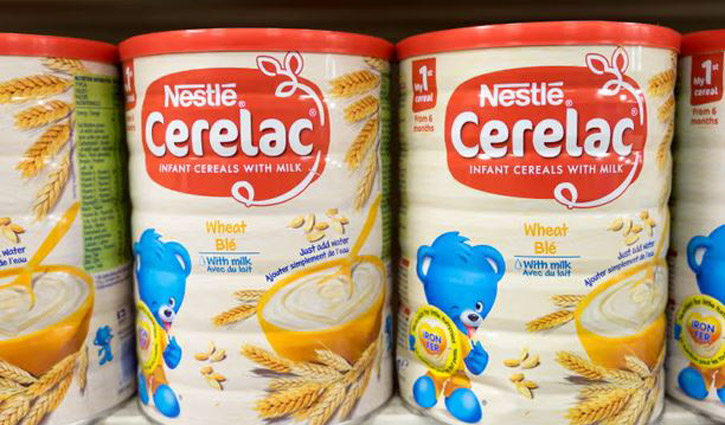
Furthermore, the investigation revealed concerning sugar levels in other developing countries. For instance, Cerelac in India contained an average of over 2.7 grams of added sugar per serving.
In Brazil, where Cerelac is marketed under the name Mucilon, six out of eight samples tested had nearly four grams of added sugar per serving.
These findings highlight a potential double standard in Nestle’s practices. While adhering to regulations in different countries, they may not be prioritizing the well-being of children globally by adding unnecessary sugar to baby food. This raises questions about Nestle’s commitment to child health on a global scale.
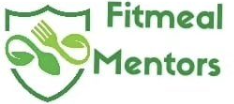

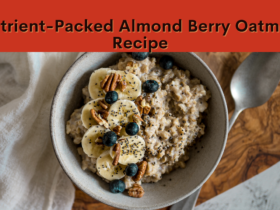

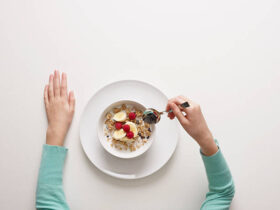
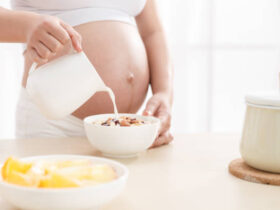

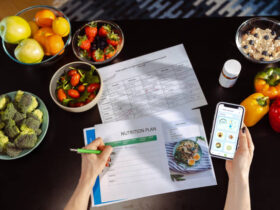
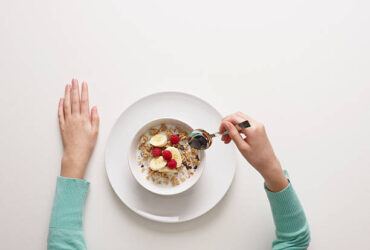
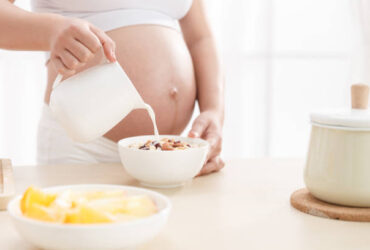

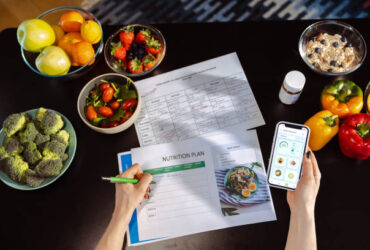
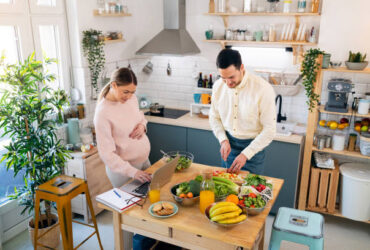
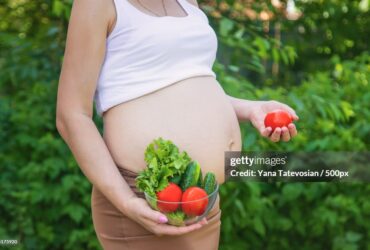

Leave a Reply